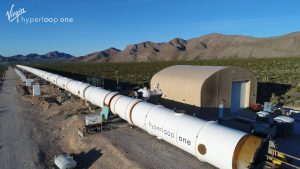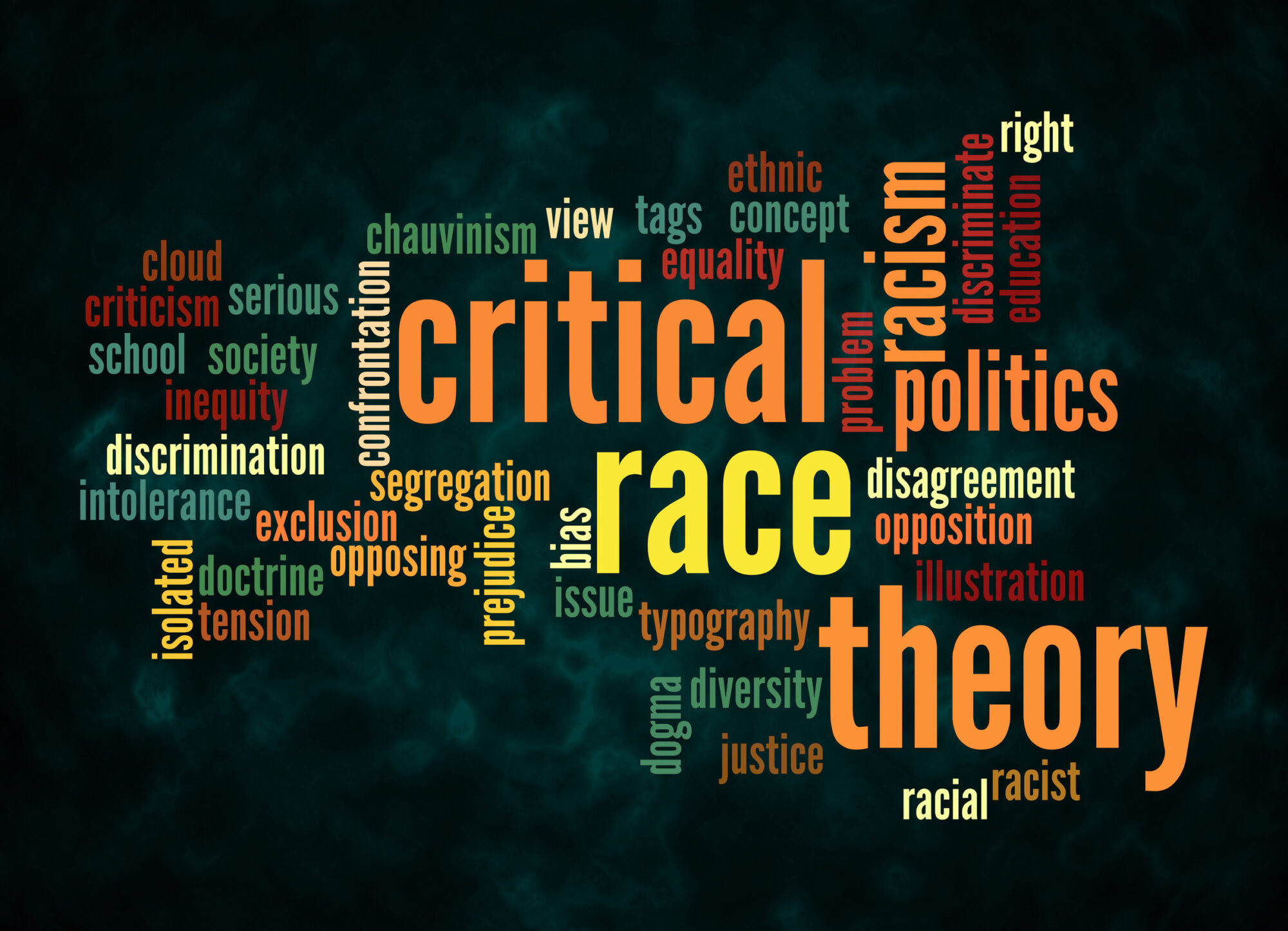Black and Veatch will conduct a study to consider the cost and value of a hyperloop system that would connect St. Louis and Kansas City.
Virgin Hyperloop One, as envisioned, would move people from one end of the state to the other in as little as a half hour. Black and Veatch will work with the University of Missouri on the feasibility study to examine the economic impacts of a hyperloop system as well as funding recommendations.
One blogger and transportation expert warns a likely expensive hyperloop probably can’t compete with personal vehicles or airlines.
“The real problem is how an infrastructure-heavy, point-to-point system can possibly compete with personal vehicles that can go just about anywhere–the United States has more than 4 million miles of public roads–or with an airline system that requires very little infrastructure and can serve far more destinations than the hyperloop,” Randal O’Toole, a senior fellow at the Cato Institute writes on his personal blog, the Antiplanner.

Hyperloop technology is the brainchild of inventor Elon Musk. A hyperloop shoots pods full of people or cargo through a low pressure tube using electric propulsion. The tubes use magnetic levitation, allowing the pods to reach airplane speeds for long distances.
O’Toole isn’t buying it. He says fast is meaningless if the system won’t take passengers where they want to go. A loop linking St. Louis and Kansas City would only have one destination in each large city, making it inconvenient for most people.
He writes that airplanes have a speed advantage over vehicles.
“Yet the average American travels three times as many intercity miles on the highway as i the air…Cars have a huge convenience advantage, going from where you are to exactly where you want to go when you want to go there,” he blogs.
They use highways that are already built and mostly paid for by users with gas taxes, tolls and other fees. Officials can seamlessly add new roads without the cost of developing new technology.
Equally as concerning is the projected cost, of which Missouri officials won’t have an estimate until the feasibility study is complete. Musk’s original cost projection for a hyperloop that would run between San Francisco to Los Angeles was $7.5 billion, but the current cost projection is $75 billion.
It doesn’t look like Missouri officials are going to let costs get in the way. Andrew Smith, the vice president of entrepreneurship and innovation for the St. Louis Regional Chamber, told Virgin Hyperloop One that the process for building a Missouri loop won’t be driven by technocrats or bureaucrats.
“It’s going to be driving by public demand,” he said. “The public wants this and they want it as quickly as they can possibly get it.”


